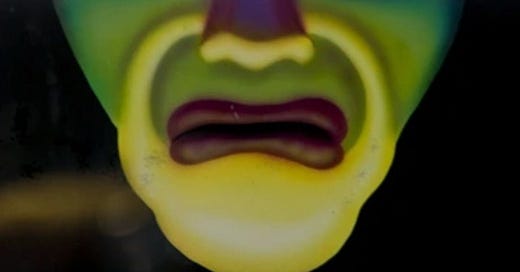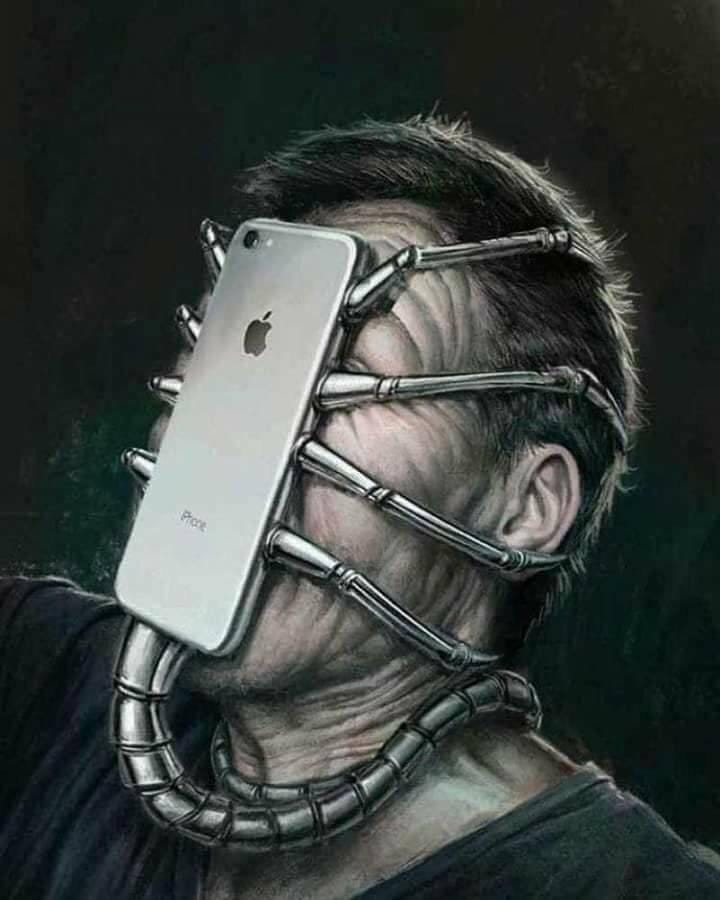Mirror, mirror on the wall,
Which drama best reflects us all?
Like many other people I’m just coming back down from Take Mountain, where the pundits were all debating the drama Adolescence and explaining what it really told us about ourselves. Nor was it just a British thing – I was in Liguria last weekend and the Saturday edition of La Repubblica featured a big inside article on the fictional case of 13-year-old Jamie Miller. By the time I arrived home on Sunday evening the prime minister had scheduled a special meeting with the show’s producers to discuss… Actually I’m not entirely sure what they were supposed to discuss, but it seemed to end up with an agreement that Adolescence could be streamed free into schools.
Keir Starmer posted this on X – “As a father, watching Adolescence with my teenage son and daughter hit home hard. We all need to be having these conversations more.” But which conversations were those? Britain’s “toughest head” Katharine Birbalsingh thought the time for conversation was over and characteristically chided the PM for not knowing what she had known all along. “You find Adolescence shocking”, she told the father of two, “because you aren’t in kids’ online worlds. Kids already know this is happening. Getting kids to watch Adolescence will make zero difference. What you need to do as PM is ban phones to under 16s.” Birbalsingh may be Britain’s toughest head, and her school may well be brilliant, but if her social media persona is anything to go by she is also comfortably Britain’s most arrogant head.
She represented that part of the Adolescence-respondents who were sure that the problem highlighted by the drama was that of children’s access to social media via smartphones. Take them away and no one under-age will be murdering anyone else, or texting each other encoded bullying emojis, as carefully explained to the fictional detective by his schoolboy son.
The access of young people to terrible content was a second focus of concern. The dread question was, who even knows what they are looking at? One moment it could be Minecraft and the next it might be How to Use a Zombie Knife. Which naturally makes policing the internet the main issue arising out of Adolescence.
But wait a moment, this was about a boy killing a girl. Laurie Penny in the New Statesman had no doubt that misogyny was the big problem the drama was highlighting. Every year dozens of women are murdered by their male partners (or even their sons), thousands more physically abused and sexually assaulted. This male violence was so ubiquitous, she implied, that was it any surprise that Jamie should be radicalised by the manosphere to the point of killing? And indeed the name “Andrew Tate” and the concept of the incel was invoked by the writers, though the fictional police officer’s scepticism about a 13 year old seeing himself as an incel seemed justified to me.
No, said Douglas Murray in the Sun, indignant that the killer was a white boy when most teenaged killers are Black, but (he demanded) would you ever get the woke dramarati to make a series about that? That was what he took away from it all. Private Eye rather unkindly pointed out that there have been several such dramas, to which I can add that there is no sign that Murray ever wrote about any of them.
Yet others saw in Adolescence a story of the crisis in masculinity or in boyhood, which is a fashionable (and real) concern, but which might have been better illustrated through seeing how boys performed in school compared to the girls, and by them talking about their aspirations. Hard to make a drama out of that, I suppose.
Contradindications
Back from Italy I heard a radio discussion about Adolescence in which one of the participants bemoaned the results of a poll showing that 30 odd per cent of teenagers would not or could not name a role model. This was supposed to be alarming, but I am reasonably sure that had you asked me the same question at the same age I would have failed in the role-model naming department too. In any case the same question is asked perennially with much the same result – as in 2018 when 25% had no role model and 2009 when the problem was no male role model for boys in one parent families or boys in junior schools with no male teachers. 2% of nursery workers were then male.
The thought easily occurs to me that the kids of America, having watched their parents elect the entirely amoral Donald Trump as president for the second time, may wonder what their seniors see as a “good person”. As they also might across the globe when watching the amount of time their parents spend on the phone, before being told that at all costs they shouldn’t emulate this behaviour. It comes back to me that in the idyllic days before mobile phones there was no way at weekends that my parents knew where their 15-year-old son even was, let alone what I was looking at. So might we better look at what is on the phones rather than ban the phones altogether?







